-
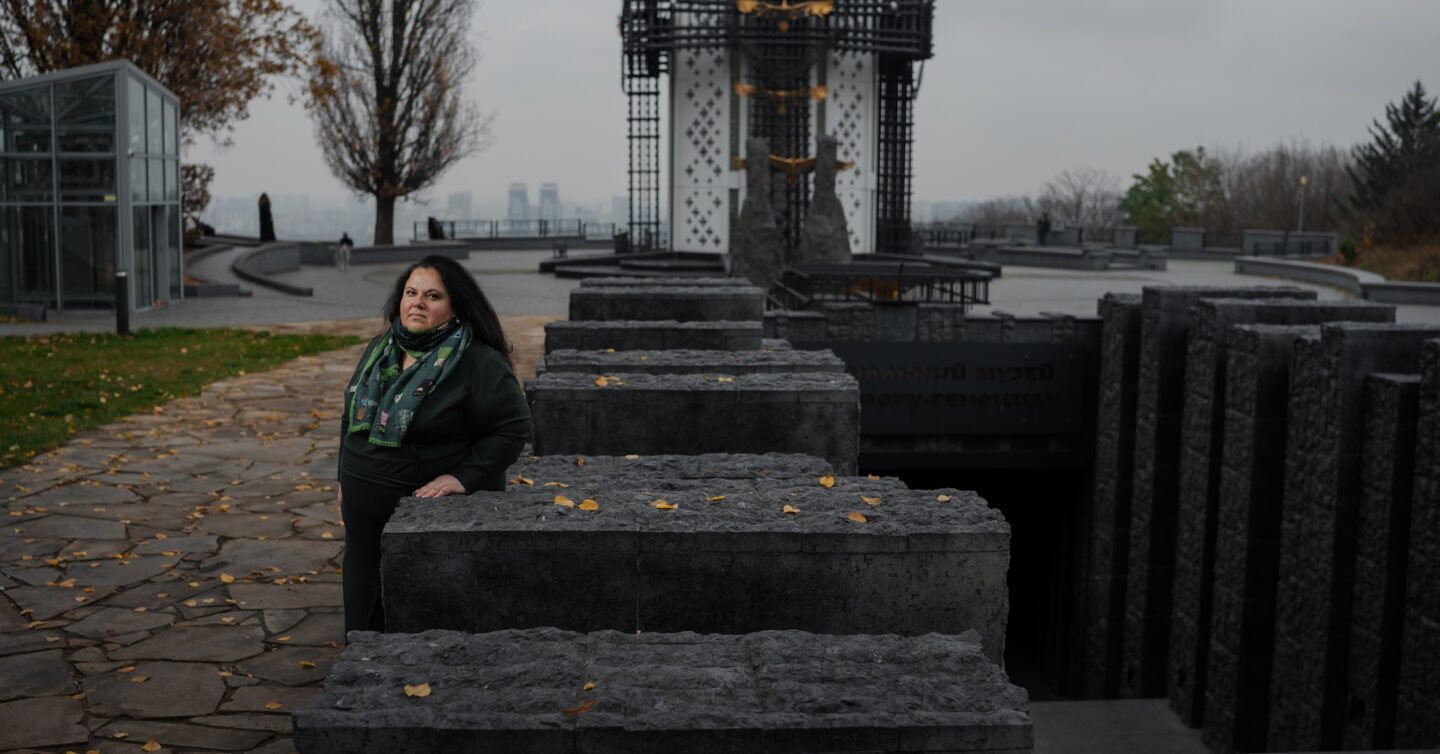 Interviews — 18 NovemberLesia Hasydzhak: ‘We have collected testimonies from victims of the Holodomor for the international tribunal against communism, which has to happen one day’
Interviews — 18 NovemberLesia Hasydzhak: ‘We have collected testimonies from victims of the Holodomor for the international tribunal against communism, which has to happen one day’Researcher and head of the Holodomor Museum on the Ukrainian resistance, collective trauma and contemporary museums
-
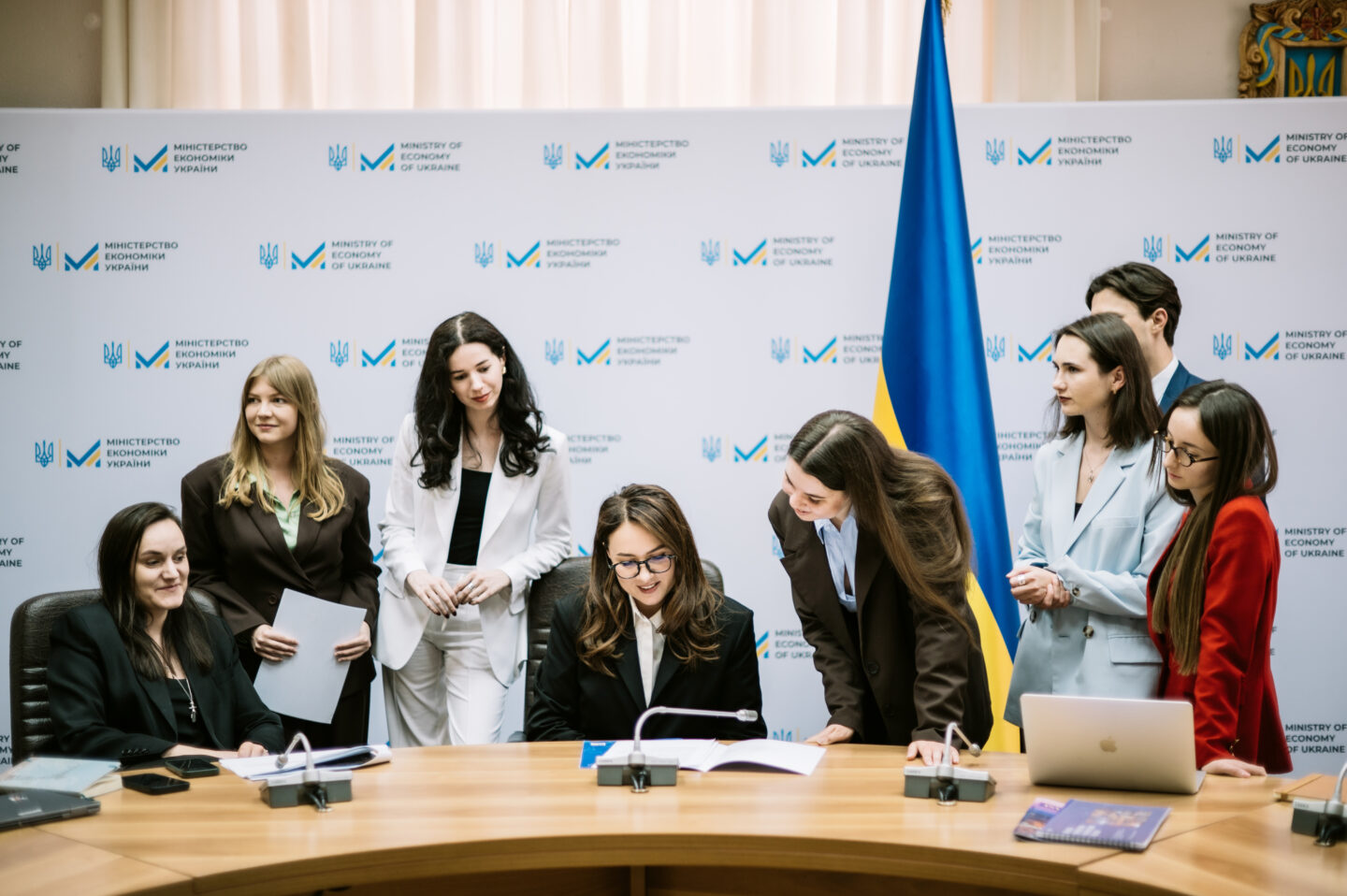 Interviews — 8 SeptemberThe Generation That Wants to Return
Interviews — 8 SeptemberThe Generation That Wants to ReturnHow the Central Project Management Agency, the KSE Foundation, and the Government Encourage Young People to Choose the Path of National Development
-
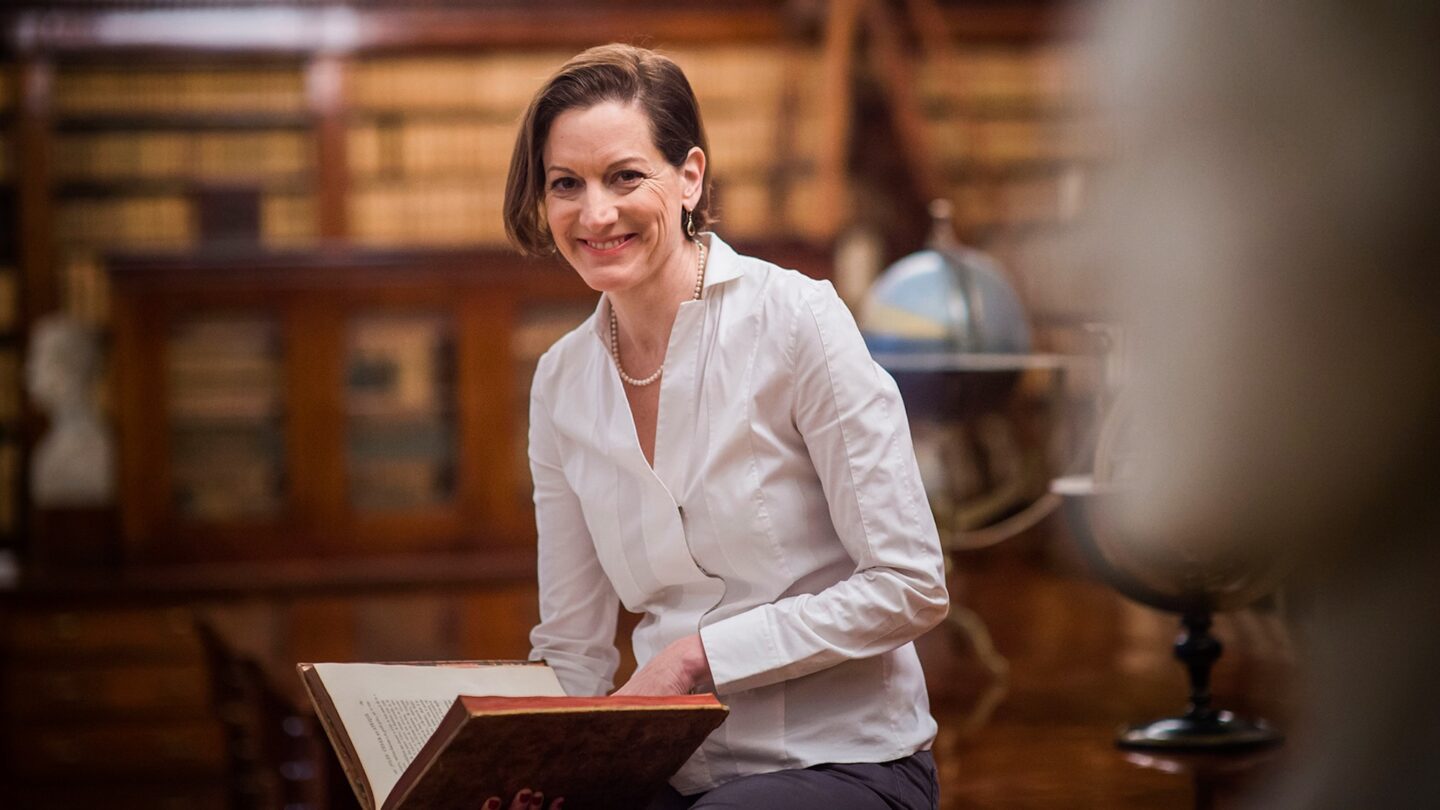 Interviews — 22 AugustAnne Applebaum: ‘People from all over the world will come here to learn’
Interviews — 22 AugustAnne Applebaum: ‘People from all over the world will come here to learn’A conversation about the distortion of history, persisting imperial ideas and Ukraine in 10 years
Закритий матеріал -
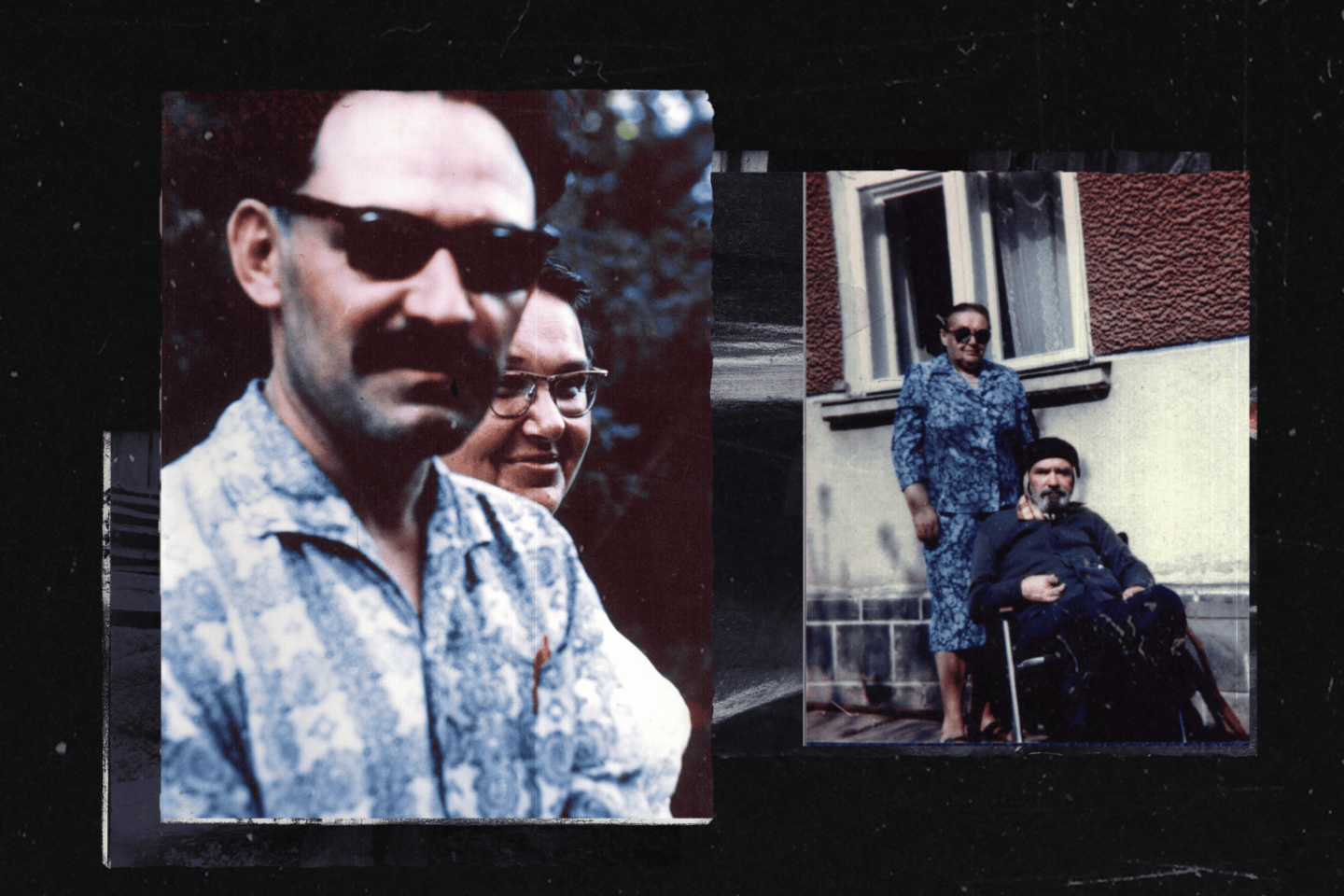 Interviews — 28 JulyIvan and Liolia’s Dovecote
Interviews — 28 JulyIvan and Liolia’s DovecoteThe story of the Svitlychnys is about love in dark times. Amid arrests and home raids, in prison camps, in exile and in the hospital. About five visits in seven years, and two people sharing one life
-
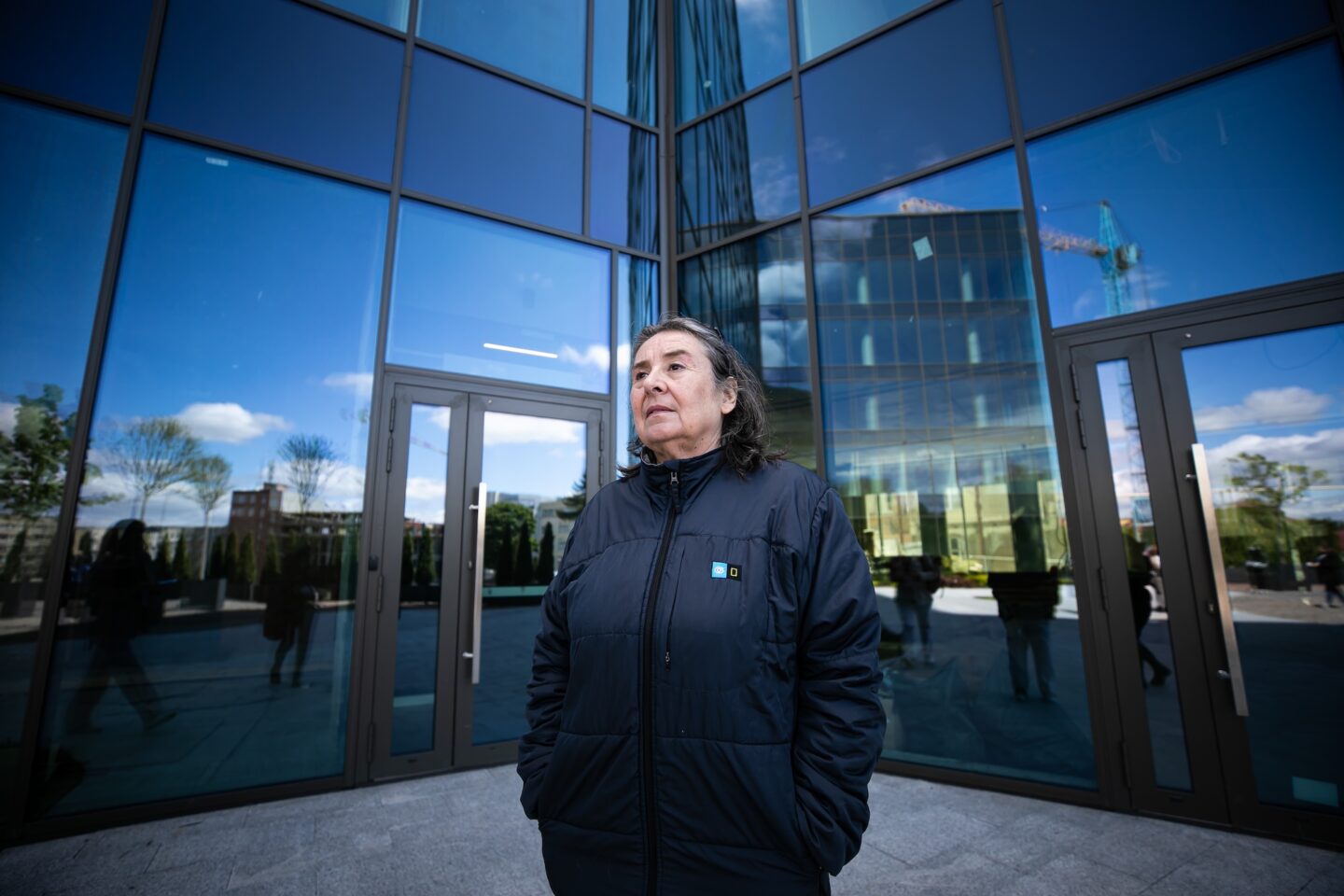 Interviews — 24 JuneAida Čerkez: ‘The likely remedy for helplessness is action’
Interviews — 24 JuneAida Čerkez: ‘The likely remedy for helplessness is action’A journalist on observing pain, justice and the power of journalism
-
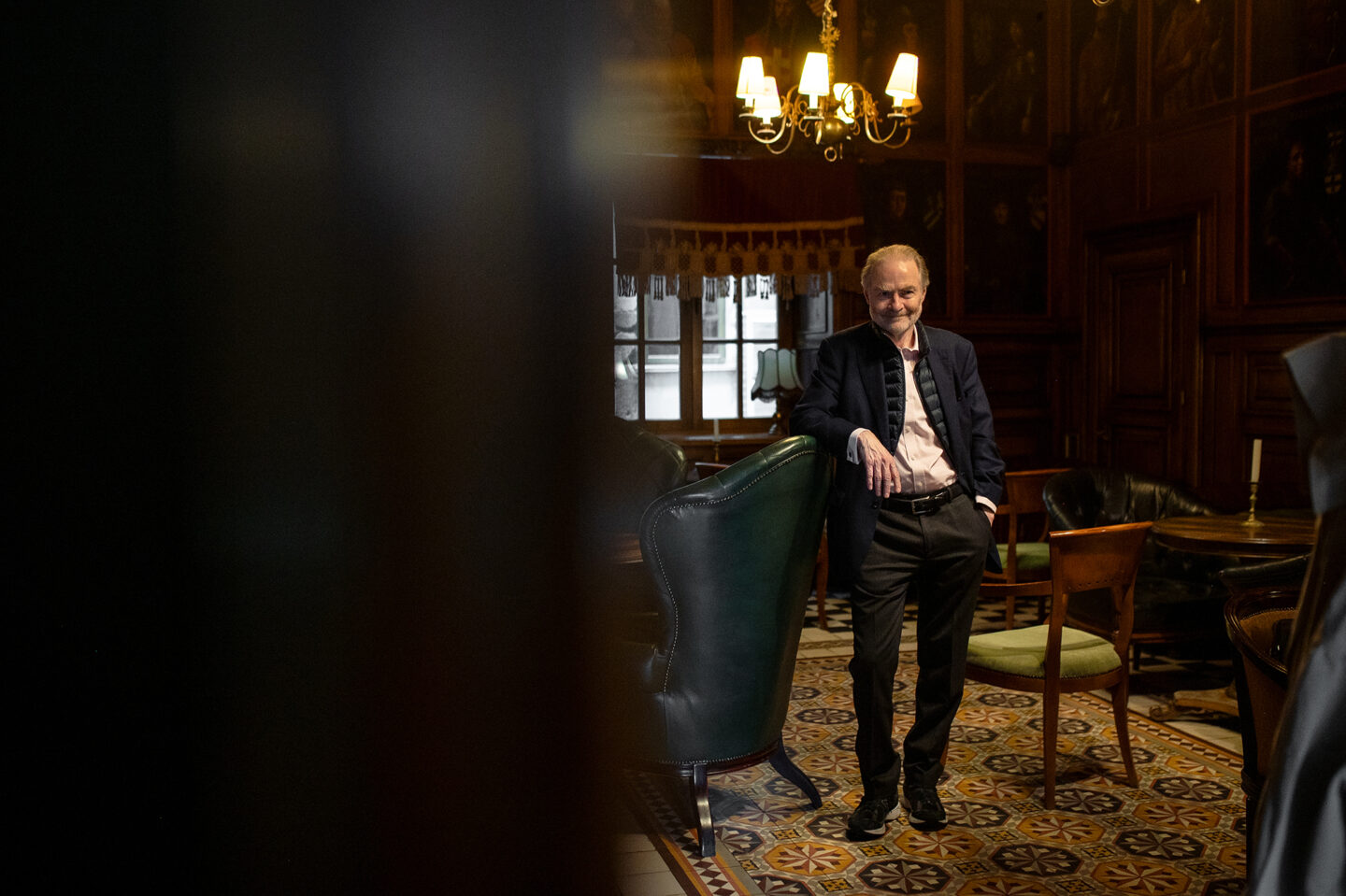 Interviews — 11 JuneTimothy Garton Ash: ‘We’re Living Through a Defining Moment in European History’
Interviews — 11 JuneTimothy Garton Ash: ‘We’re Living Through a Defining Moment in European History’A British historian on the hell of war, the power of memory, and the turning point in European history
-
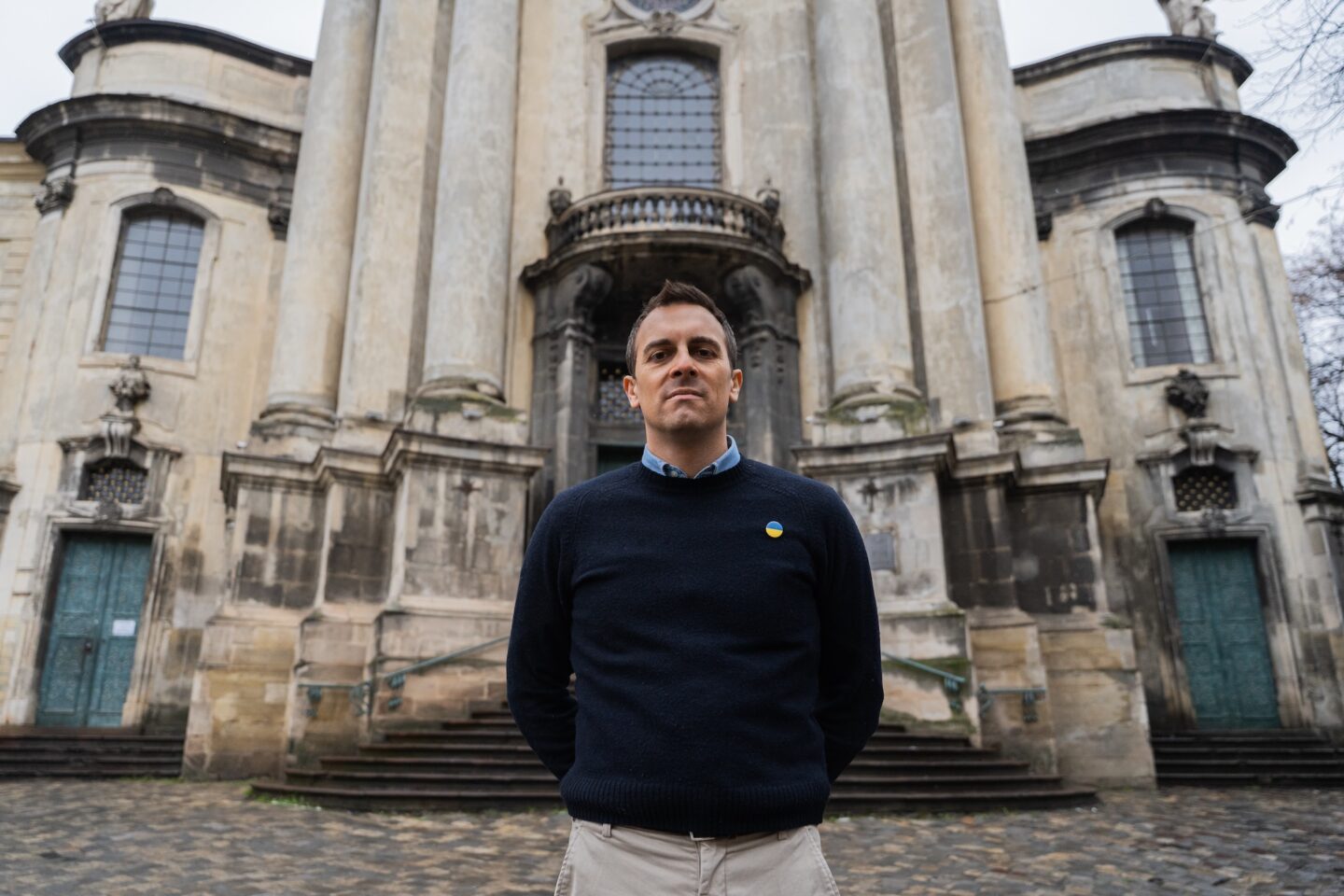 Interviews — 22 MayFrancesco Chiamulera: ‘The Main Vehicle of Russian Propaganda in Italy Is the Word “Peace”’
Interviews — 22 MayFrancesco Chiamulera: ‘The Main Vehicle of Russian Propaganda in Italy Is the Word “Peace”’Italian journalist and director of a literary festival on Russian propaganda, the challenges facing democracy, and the power of culture
Майже готово
Вкажіть ще, будь ласка, своє ім’я та емейл.
Дякуємо і до зв’язку незабаром!
